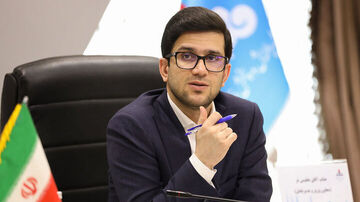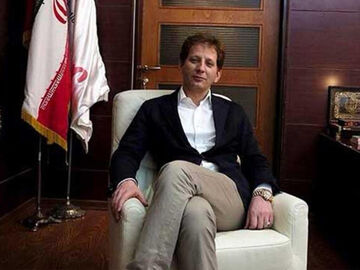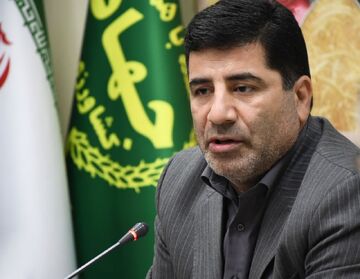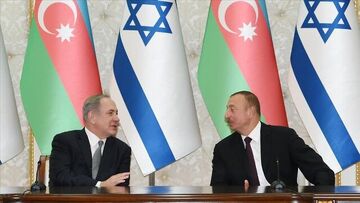TEHRAN (Bazaar) –Nader Entessar, Professor Emeritus of Political Science from university of South Alabama says that the Zangezur issue will be a recurring phenomenon.
“I believe both Baku and Ankara still want to minimize Tehran's role, and their current position regarding the Zangezur Corridor is a tactical one,” Entessar told Bazaar News Agency.
Following is the full text of the Bazaar interview with Professor Entessar:
Q: The Republic of Azerbaijan and Armenia have announced that soon a peace agreement will be made between them for the exchange of prisoners and the normalization of political relations. What are the reasons for a possible agreement between them?
A: Similar announcements had been made in the past, but nothing came to fruition. So, we have to wait and see if this time around the two countries will take the needed steps toward normalizing their relationship. Armenia and the Republic of Azerbaijan may have come to the conclusion that they have reached an impasse and without a modus vivendi between them, they cannot easily get out of the current logjam.
Q: It seems that the Republic of Azerbaijan has fallen short of its initial position after the Nagorno-Karabakh war in 2020. The decrease in Israel's support for Baku as a result of the Gaza war and the increase of America's and France's support for Armenia are said to be the reasons for this issue. What is your assessment?
A: I agree with your assessment, especially when it comes to Baku's softening of some of its previous demands. Armenia's gradual Westward orientation and the relative reduction of Israel's involvement in the Caucasus conflict have certainly added new twists to the geostrategic calculus of the region in the aftermath of the Gaza war.
Q: After initial positions regarding the construction of the Zangezur Corridor and Iran's strong opposition, Baku and Ankara have agreed to communicate through Iran. Do you think the issue of Zangezur Corridor may be raised by them again?
A: Yes, I tend to believe that the Zangezur issue will be a recurring phenomenon. I believe both Baku and Ankara still want to minimize Tehran's role, and their current position regarding the Zangezur Corridor is a tactical one.
Q: The reduction of Russia's support to Armenia has made Prime Minister Nikol Pashinyan request a review of the border agreements with Russia. There were even talks about withdrawing from the collective security pact from Yerevan. Do you think these measures will be implemented? If so, what are the implications for Iran?
A: Due to the fluid nature of developments in the Caucasus, it is difficult to predict if, or when, the aforementioned measures will be implemented. The more Armenia's relations with Russia fray, the more Western influence in Armenia increases. If that happens, Iran's leverage in the Caucasus will be diminished as Iran's long-time partner in the Caucasus will hedge its bets and may even pursue a foreign policy orientation that will reduce Iran's regional role.
Q: Regarding the decrease of Russian influence in the Caucasus, how do you evaluate the future developments of this region and its impact on Iran?
A: The decrease in Russia's influence in the Caucasus will create a vacuum that will be both destabilizing and unpredictable. In all likelihood, outside contenders will try to fill the vacuum left by Moscow's weakening position. All major potential outsiders will challenge Iran's interests. Unfortunately, Iran's foreign policy in the Caucasus in the past decade has been passive or reactive at best and not proactive and visionary.















نظر شما